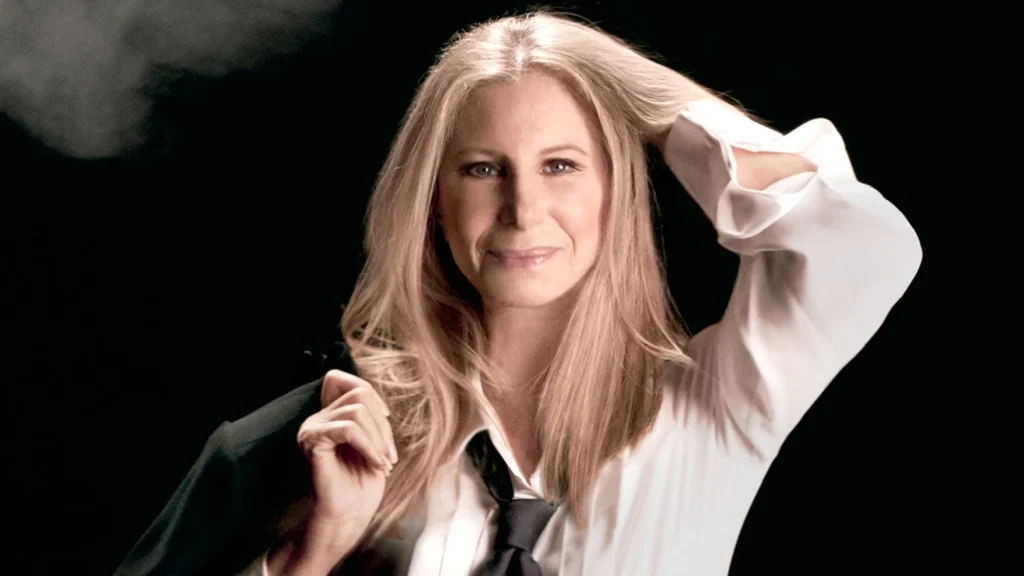
A Timeless Ode to Love and Longing
When you think of the 1980s and its indelible mark on the world of music, few voices resonate as deeply as that of Barbra Streisand. Her song, “Woman in Love,” released in 1980 as part of the album Guilty, captures the essence of love in a way that is both universal and deeply personal. Upon its release, the song soared to the top of the charts, claiming the number one spot on the Billboard Hot 100 for three consecutive weeks. It also reached number one in several other countries, including the UK, making it an international sensation.
The story behind “Woman in Love” is as compelling as the song itself. Written by the legendary duo Barry Gibb and Robin Gibb of the Bee Gees, the track was crafted specifically for Streisand. The collaboration marked a significant moment in music history, blending Gibb’s signature style with Streisand’s unparalleled vocal prowess. The album Guilty itself was a commercial success and is often regarded as one of Streisand’s finest works.
At its core, “Woman in Love” is an emotional exploration of devotion and vulnerability. The lyrics speak to the profound commitment one feels when truly in love—a sentiment that transcends time and circumstance. Streisand’s delivery imbues each line with an intensity that is palpable, drawing listeners into a world where love reigns supreme despite any obstacles that may arise. For many listeners, especially those who have experienced the trials and triumphs of long-term relationships, this song resonates as an anthem of enduring passion.
The meaning behind “Woman in Love” is layered with nostalgia and yearning. It paints a picture of a love that defies logic and reason—a theme that many people can relate to on a deeply personal level. The song speaks to those moments when love becomes all-consuming, when it feels as though your very identity is intertwined with another person. This portrayal is both comforting and haunting, reminding us of love’s power to transform and transcend.
For older generations, “Woman in Love” serves as a poignant reminder of their own journeys through love’s complex landscape. It harkens back to a time when music was not just heard but felt—a time when songs like this were played on vinyl records or cassette tapes, filling rooms with their rich melodies and heartfelt lyrics. Listening to Streisand’s voice, one might recall dances at weddings or quiet evenings spent reminiscing about past loves.
In today’s fast-paced world, where music often serves as mere background noise, revisiting a classic like “Woman in Love” offers a moment of reflection. It allows listeners to pause and remember what it feels like to be truly moved by a song—to experience music as an emotional journey rather than just a fleeting distraction.
Ultimately, Barbra Streisand’s “Woman in Love” remains an enduring classic because it captures something essential about the human experience: our relentless pursuit of connection and meaning through love. Its timeless appeal lies not only in its beautiful melody or Streisand’s impeccable performance but in its ability to speak directly to the heart—a quality that ensures it will continue to resonate with audiences for generations to come.
